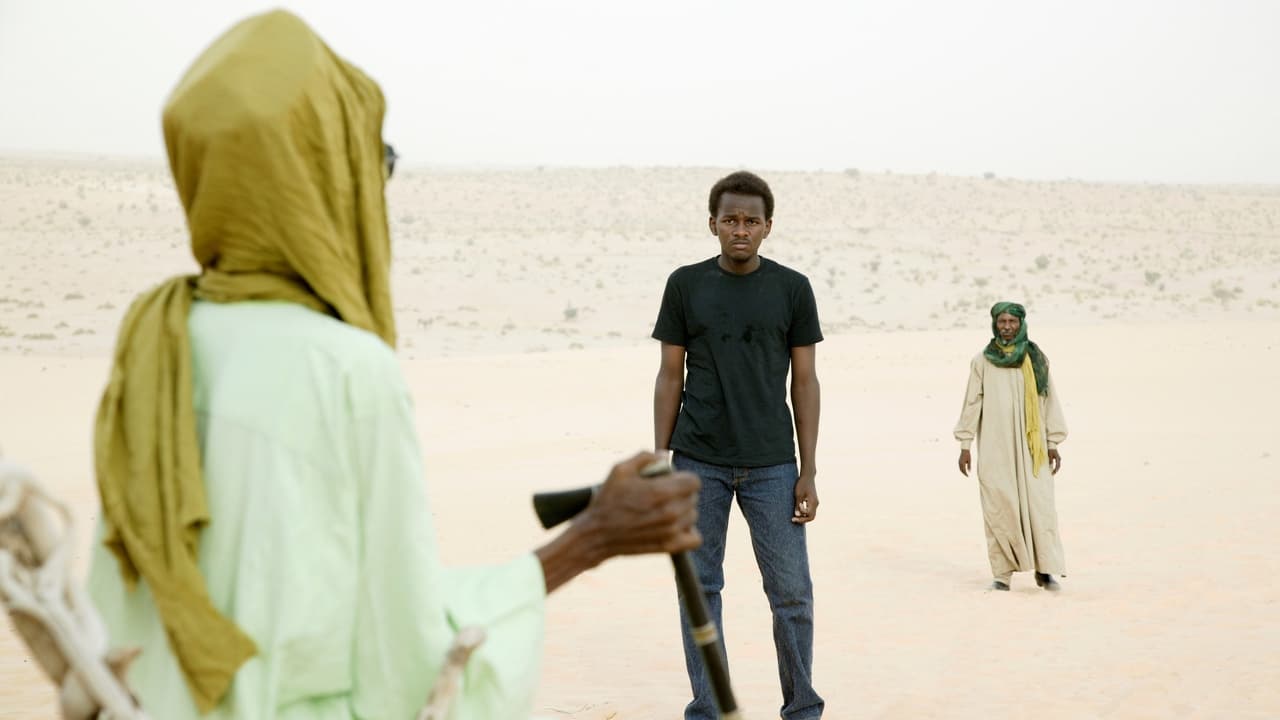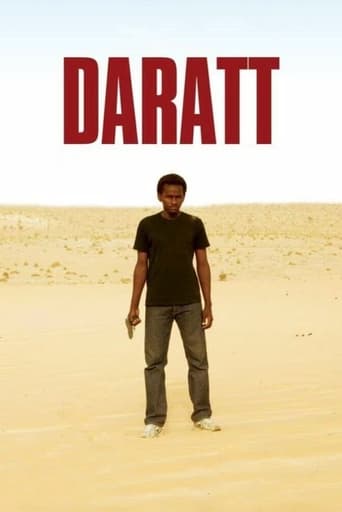Libramedi
Intense, gripping, stylish and poignant
BelSports
This is a coming of age storyline that you've seen in one form or another for decades. It takes a truly unique voice to make yet another one worth watching.
Fleur
Actress is magnificent and exudes a hypnotic screen presence in this affecting drama.
Staci Frederick
Blistering performances.
Doug Galecawitz
perhaps the stereotypes of Americans being impatient with storytelling and in need of action is true. i found myself perpetually bored by this film. this in and of itself would not be such a bad thing, lots of film bore me. but this one actually has some decent storytelling to it. the problem comes from a lack of willingness to edit down the film, to move things along. too many shots of characters sitting around looking as if they are waiting to be filmed or photographed, glances caught at some distant nothing. mock modeling sessions for calvin klein ads. shots that consist of little more than a character walking across the frame. some tighter editing would have brought this same story in at around 45 to 50 minutes and would have lost nothing but fillers and time killers.
trpuk1968
I found this Directors first film, Abouna, utterly delightful on the second viewing, the first it dragged and I found myself checking my watch. Personally,I think there's a need to get into a different mindset for African films, they move at a much slower pace. Often, things are shown, not explained and require the viewer to work a lot harder at extracting meaning. Darrat is no exception, there were several episodes I wondered what the point was, but they offered fascinating windows upon a society and country of which we remain in ignorance. For example, a long camera pan across a dusty street strewn with discarded plastic bags. The characters such as the baker, unable to speak since his throat was cut, could be read as metaphors for our relationship with Africa. Does Africa and her people ever have a voice? If she speaks, are we listening? There's not much I feel I want to add to the excellent and insightful comments from previous reviewers, except I think this film can be read as that - a metaphor for African countries troubled and turbulent relations, within, between themselves and the West. The grandfathers blindness symbolises perhaps a society unable to 'see' its way forward. Or something. A subtle, fascinating film which will repay subsequent viewings.
Paul Martin
Mahamat-Saleh Haroun's story is remarkable in it's starkness of setting - the desert of Chad - and in the manner in which it unfolds. This is a two-hander in which there is very little dialogue - one can't talk and the other won't. This creates an almost surreal element to the film, where hatred seethes through silent glares.When the Chad Commission for Truth and Justice grants amnesty to some 200 war criminals, the elderly Gumar Abatcha gives his dead son's pistol to his orphaned grandson Atim and dispatches him to kill the murderer of Atim's father. Living far away, Nassara is a dangerous man who now ekes out a living as a baker, trying to forget his past. When Atim finds him, he insinuates himself into Nassara's life with the intent of exacting revenge. Dry Season would make an excellent companion film to Death and the Maiden (1994), Roman Polanski's thrilling film version of a play about political repression and revenge in Central America.I find it unfortunate that we have to wait for festivals to see films like this (I saw it at the Melbourne International Film Festival). It depicts a culture we know virtually nothing about, is visually stunning and was thoroughly engaging. An excellent film.
guy-bellinger
The premise of this fable is as simple as it is powerful: in an African country torn by civil war, a sixteen-year-old orphan is asked by his blind grandfather to execute the man who killed his father. Of course, Atim, the young one, having been brought up along "An eye for an eye, a tooth for a tooth" lines, does not object in the least and, armed with the gun of his own father, hits the road to accomplish his mission. It does not take him long to trace Nassara, the war criminal in question. However the man is in no way the monster Atim expected to meet. On the contrary, Nassara has become a respectable married baker, whose young wife is pregnant. The ex-killer even goes to the mosque and gives alms to the poor children of his village. But Atim knows all too well that this good man once made HIM an orphan so the best thing to do is to offer his services to the baker who accepts to hire him as his apprentice. This way Atim will be able to gun him down easily when the appropriate time comes. But things do not go according to plan. Do they ever…?For, little by little, and very paradoxically indeed, a son-father relationship is born, and it becomes more and more impossible for Atim to kill Nassara .On the other hand, the young man does not want to betray his grandfather. You could think this is a no way out situation but Mahamat Saleh Haroun has imagined an amazing finale in which he enables his hero to square the circle: by pretending to execute Nassara in front of his grandfather who –remember – is blind. Satisfied with the two bangs he hears, the grandfather feels revenged while Atim has spared the life of the man he has learned to know.The moral of the fable is clear: forgive your enemies, try to live together in peace, this is the only way to unify your country, to make it become a democracy. Of course all this sounds a bit saintly, not to say goody-goody, but Haroun is neither wet nor soft-headed. If Nassara can be forgiven it is because he has become another man, and pardon constitutes a long and difficult process. Moreover, it is not always possible, for instance for the vile, arrogant, gun crazy soldier Atim meets in the "taxi brousse". When after being threatened and humiliated by him, the orphan meets him again, he beats him up (and maybe kills him) without being explicitly condemned by the writer/director.Mahamat Saleh Haroun is a courageous artist. Indeed it takes tremendous energy to manage to make a film in a poor country , ravaged by civil war for four decades, like Chad. Moreover he doesn't shy away from burning issues, for he doesn't rub everybody up the right way.As a filmmaker, he proves able, particularly good when it comes to directing the actors. I suppose the persons who act in this film are amateurs but you would never say so, convincing as they are.Haroun has indeed managed to make Ali Bacha Barkaï really impressive as the troubled gun-toting teenager, although he lets him be too invariably sulky to be perfect. Youssouf Djaoro, for his part, captures to perfection all the strengths and weaknesses of his character and deserves a best actor award, although I am pretty certain he will never get any.The only real flaw (but a serious one I am afraid) is the film's lazy rhythm. Too bad because, except during the last ten minutes, this viewer was more interested than captivated, more respectful than overcome by emotion. All the same "Daratt" is well worth seeing and is a good insight into a country most of the time ignored by the media. So feel free to see it.

